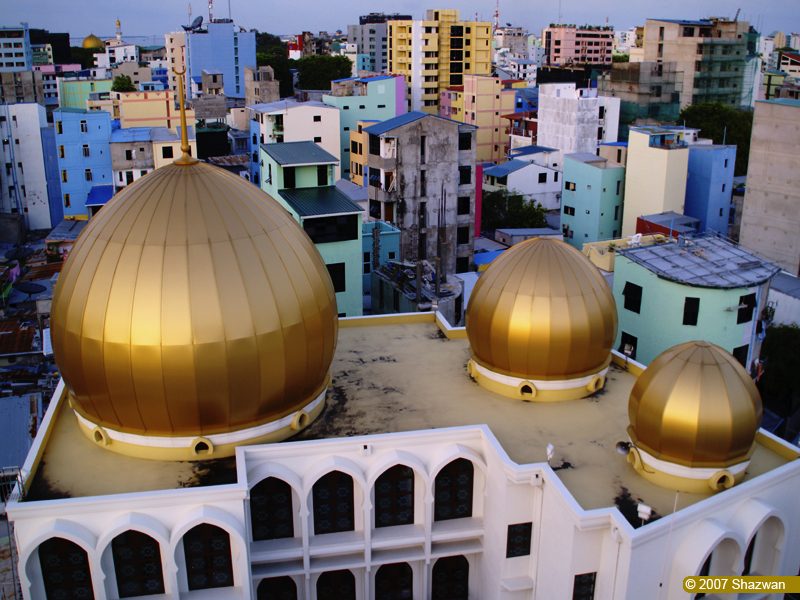The Maldives isn’t merely the beaches, luxurious accommodation and action-packed water sports but in turn, boasts of a detailed history that extends across the influences of Buddhism and Islam.

Early days
In the aftermath of the Indian emperor Ashoka who was credited with having introduced Buddhism to the Maldives, the locals for many years were found practicing this way of life. However, change was about to sweep over the archipelago in the 12 century.
Trade and Islam’s Influence
As a result of the Arab traders who began arriving in the Maldives, the island nation would stand to reap the rewards of such an association. This is because these traders are believed to have first preached Islam to the Maldivians. Come the year 1153, Dhovemi the King of Maldives embraced the values of Islam which laid the foundation for 6 Islamic dynasties that would later rule the island nation.
Role of the mosque
As per tradition and from the eyes of the Maldivians, the mosque is considered to be the focal point of all Islamic practices. This belief has spilled over into the construction of numerous mosques across the atolls and islands with the capital city of Male housing more than 30. A majority of local mosques are built out of coral with white exteriors with the Grand Friday Mosque being one such example. Also, those staying at a Maldives kids-friendly resort the likes of VARU by Atmosphere can visit this mentioned place of worship which doubles as a tourist attraction too.
General protocol
A strict code of conduct is adhered to in the Maldives with regards to Islam with the country’s constitution revealing that only a Muslim can be permitted to acquire citizenship. Further, local schools are required to follow Islam on every level and are expected to show respect and remain obedient at all times.











